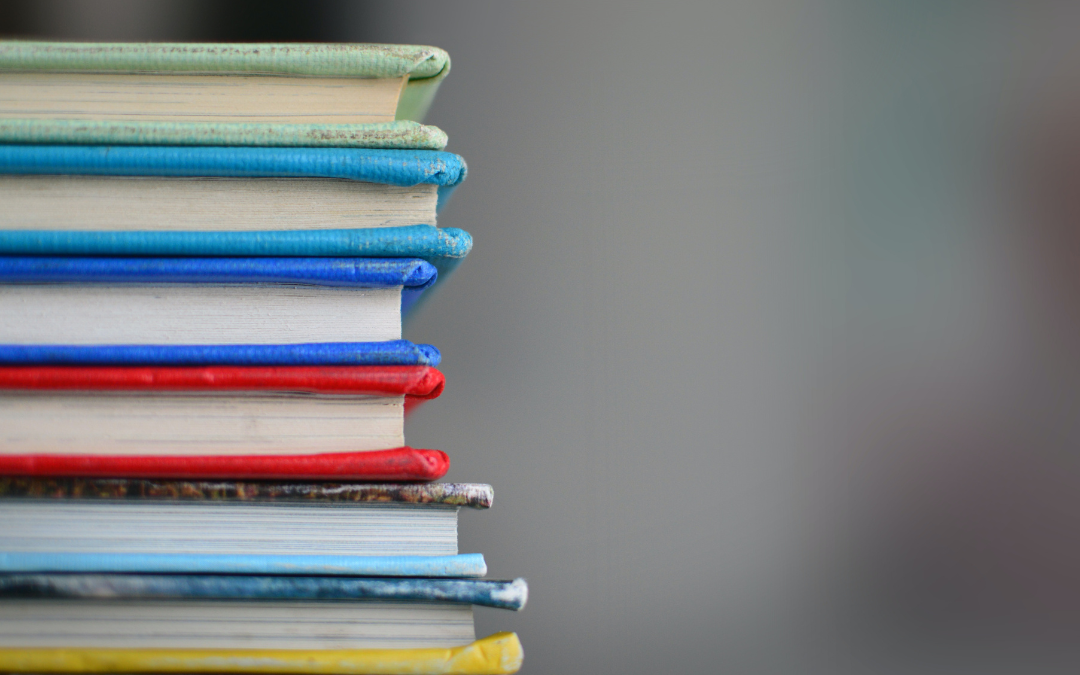The “new wave of old-school education” refers to a trend where educators are revisiting and reintroducing traditional teaching methods and principles that were prevalent before the advent of modern educational technologies. Several factors contribute to this resurgence:
- Concerns about Technology Overload: With the proliferation of digital devices and online platforms in education, there is a growing concern about excessive screen time and its potential negative effects on students’ attention spans, mental health, and social skills. As a response, some educators are turning back to more traditional methods that rely less on technology.
- Backlash against Standardized Testing: Many educators and parents are critical of the emphasis placed on standardized testing and its impact on curriculum design and teaching strategies. Traditional education methods often prioritize critical thinking, creativity, and hands-on learning over rote memorization and test preparation, which appeals to those seeking alternatives to standardized testing.
- Recognition of the Value of Classical Education: Classical education, which emphasizes the mastery of foundational knowledge and skills across various disciplines such as literature, history, and philosophy, has gained renewed interest. Proponents argue that this approach provides students with a deep understanding of the liberal arts and fosters lifelong learning habits. Students find a passion for learning then can their learning beyond the classroom and into other times of life.
- Focus on Character Development and Soft Skills: Traditional education models often prioritize character development, including virtues such as resilience, integrity, and empathy, which are seen as essential for success in both academic and professional contexts. With increasing attention on holistic education, there is a renewed interest in incorporating character education into school curricula.
- Parental Demand for Traditional Methods: Some parents express dissatisfaction with modern teaching approaches and seek out schools or educational programs that offer a more traditional approach. They may value the structure, discipline, and rigor associated with traditional schooling methods.
- Cultural and Societal Shifts: Societal changes and cultural shifts often influence educational trends. As perceptions of education evolve, there may be a resurgence of interest in educational philosophies and methods from the past, driven by nostalgia or a desire to return to perceived fundamentals.
Overall, the new wave of old-school education reflects a desire among educators, parents, and policymakers to explore alternative approaches to teaching and learning that prioritize foundational knowledge, critical thinking, and character development in response to perceived shortcomings in modern educational practices. For greater insight read The Free Press article, Inside the New Wave of Old-School Education.
